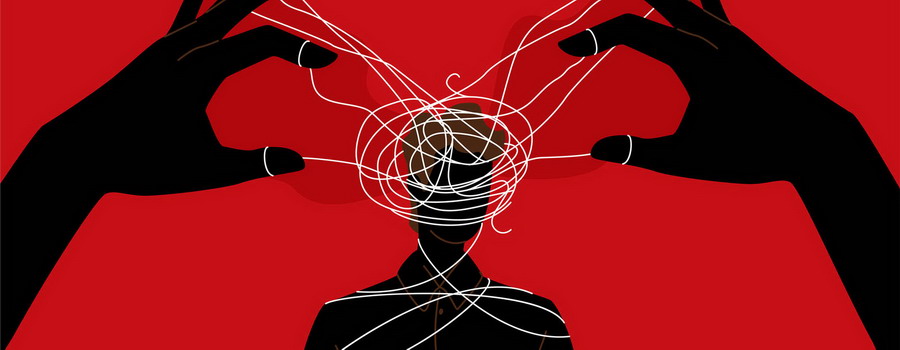In 2022, a book called “Spin Dictators” by Russian economist Sergei Guriyev and American political scientist Daniel Treisman was published. This year the book was translated into Russian and is already available in digital form under the title ” Диктаторы обмена.” “Spin,” as it is known, means “to spin- whirl,” literally and figuratively. When Americans say “spin doctors”, they mean political technologists, people who “spin” black to white.
According to researchers, dictatorships in the 20th century were built on fear. In particular, political activities and media that deviated from the official line were prohibited, and if such attempts were even made, they were subjected to severe persecution. The authors call it the “Dictatorship of Fear.” In the 21st century, dictators, with few exceptions, prefer to pretend that they are democratic. Repressions are “spot” (not massive) and are carried out by non-political articles: one “stole,” another “abused his powers,” and the third “made a fraud.” There are many unofficial media, and elections are held with predictable results. This is how, for example, Orban, who is “loved by the people,” or Erdogan, the “dictators of spin” rule.
Why it is necessary to “shed forms” is understandable. Being isolated from the world like North Korea presents enormous challenges. Maintaining multilateral relations with the world is much more beneficial, first of all, economic, commercial, and technological.
Putin was like that before starting a new war against Ukraine. The President of Russia would have continued if he could capture Kyiv with the same ease with which he seized Crimea in 2014. But it failed, and Putin could no longer deceive and returned to the 20th century “Dictatorship of Fear,” banning independent media, closing part of social networks, and introducing severe criminal penalties for “discrediting the army.”
Read also
In one of his interviews, Sergey Guriev, addressing whether the reverse transition from the “dictatorship of spin” to democracy is possible, gives a positive answer and cites the example of Ecuador and Armenia. According to him, our country was a typical “Spin Dictatorship.” But the overwhelming majority of our society saw and understood that Serzh Sargsyan would dishonestly perpetuate his power, rebelled against it, and supported the coup.
Hard to argue with that much. But first, the issue of Artsakh and the interest of the leading world players in bringing Pashinyan to power is not considered. Second, the change of power itself does not mean that the transition to democracy has taken place.
Nikol Pashinyan’s regime is similar in its main features to Serzh Sargsyan’s regime. Much has been said about corruption, pocket courts, and political repressions. Let me say a word about the media. Fortunately, our country has no political censorship; physical violence against journalists is also rare. Instead, there are “fake factories” and related websites that attack unpleasant journalists through moral terror and hate speech (which, by the way, is as illegal as physical assault). As a result, interested people are not indifferent to how they say or write is interpreted; they are engaged in self-censorship every second.
In short, Armenia is a “Spin Dictatorship”, as it was and remains.
Aram ABRAHAMYAN





















































